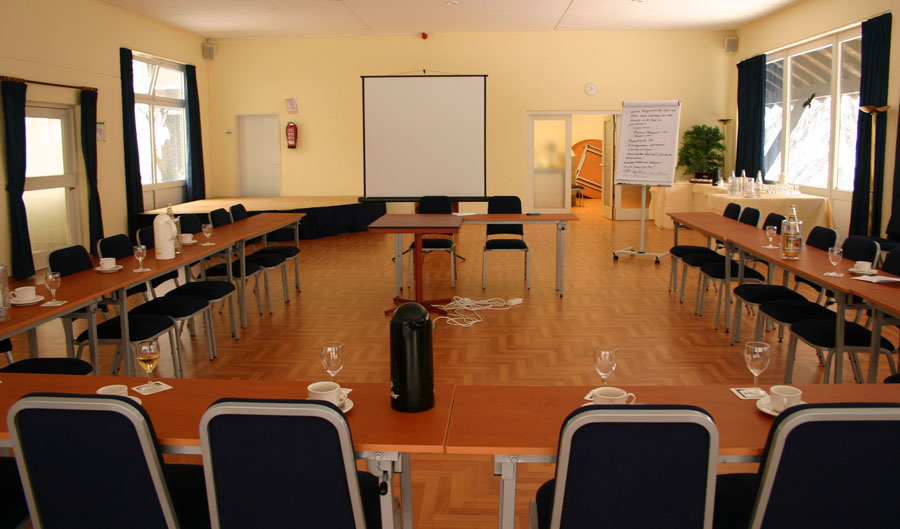There are some basic rules how to run a meeting in an efficient and civilized way that everyone can learn. The most important ones are: Do not interrupt when others are talking, rise your hand and wait for the chairman to say it is your turn, do not talk among yourselves, and stick to the agenda.
Everyone can learn how to chair well; it just takes a bit of thought and practice.
Every chairman needs some guidelines about how the group wants their meetings to be run. It helps to set out some simple rules – these must be rules that everyone accepts and are prepared to work with, or otherwise, they will be useless.
Once you’ve got some agreed rules, it is much easier to chair the meeting, and people are less likely to take it personally when you ask them not to interrupt, or stop them from wandering off the topic.
Basic rules:
- Ask people to speak ‘through the chairman’. This means putting your hand up if you want to speak, and wait for the chairman to say it’s your turn.
- Don’t interrupt other people.
- Stick to the items on the agenda.
- Don’t talk amongst yourselves.
- Respect other people’s views – don’t groan or pull faces when someone else is speaking. Wait until they’ve finished and then put your point of view calmly and politely.
- Keep contributions short and to the point.
A good chairman helps the meeting to run smoothly and efficiently and make sure that:
- All the issues are discussed
- Everyone’s views are heard
- Clear decisions are reached
- The meeting starts and finishes on time.
Furthermore, a good chairman will:
- Always think about the meeting overall, not just the topic under discussion. This can make it more difficult for the chairman to participate in the discussions.
- Always aim to draw a balance between hearing everyone’s views and getting through the business.
- Never use his/her position as chairman as an opportunity to put forward their views to the exclusion of others, or to dominate the meeting.
Source:




